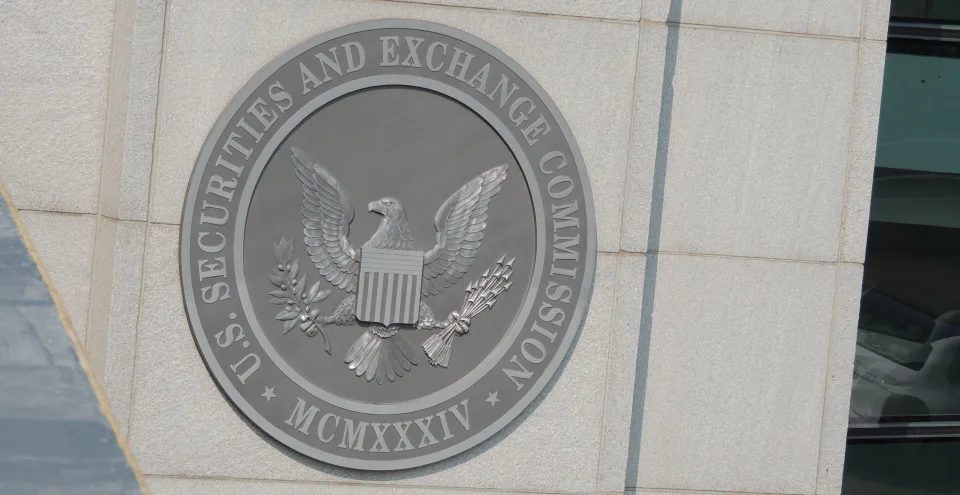



The current state of crypto regulation is a “Catch-22,” a series of absurd and contradictory rules and requirements that are impossible to follow.
Marcelo M. Prates is a central bank lawyer and researcher.
In Joseph Heller’s famous novel, a Catch-22 refers to a stipulation that pilots seeking to be excused from their combat duties could file a request stating they are insane. With one catch: filing the request implies that the petitioner is sane and, thus, ineligible to be excused.
In 2024 America, the SEC’s “come in and register” approach is a Catch-22 for crypto.
SEC Chair Gary Gensler often says that registering with the SEC to comply with securities regulation is straightforward, “it’s just a form on our website.” And crypto issuers and exchanges “are just choosing not to do it” despite knowing how to do it. The SEC chair makes it sound like crypto firms have been unreasonably (if not unlawfully) stubborn in not filing the required registrations in the face of a welcoming SEC. This characterization hides a catch.
Even if we assume, as Gensler does, that all crypto tokens are securities and should be registered with the SEC — which is debatable — and that the registration process is simple — which is not — successful registration would lead to a dead end. Registered crypto tokens, like any registered securities, could only be traded on registered exchanges through registered broker-dealers. But that’s impossible today.
The Financial Industry Regulatory Authority (FINRA), a self-regulatory organization that oversees broker-dealers, has approved just a few institutions to deal with crypto tokens. Among these institutions, only one is a Special Purpose Broker-Dealer, Prometheum, which remains inactive and hasn’t yet listed a token to trade almost one year after the approval.
See also: Aspiring Crypto Bank's Plight Shows Binance's Issues
The SEC, moreover, hasn’t allowed any currently registered exchange or broker-dealer to list, custody or trade crypto tokens. The SEC’s view is that any registered institution willing to work with crypto tokens “could not deal in, effect transactions in, maintain custody of, or operate an alternative trading system for traditional securities.”
Further, virtually no crypto tokens have been registered with the SEC so far. And that’s the Catch-22: issuers won’t register their crypto tokens before they can find registered exchanges and broker-dealers that can work with them, and registered exchanges and broker-dealers won’t start working with crypto tokens until they see enough tokens registered to make the business model economically viable.
